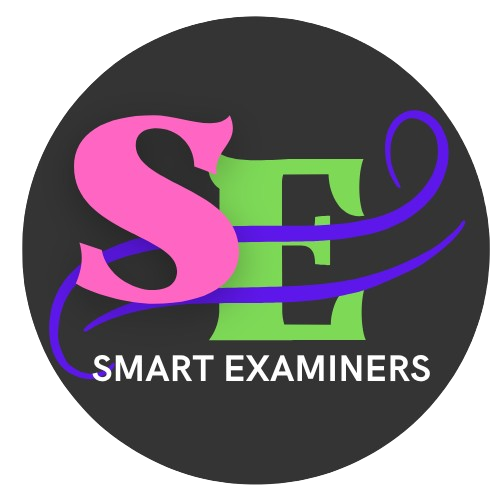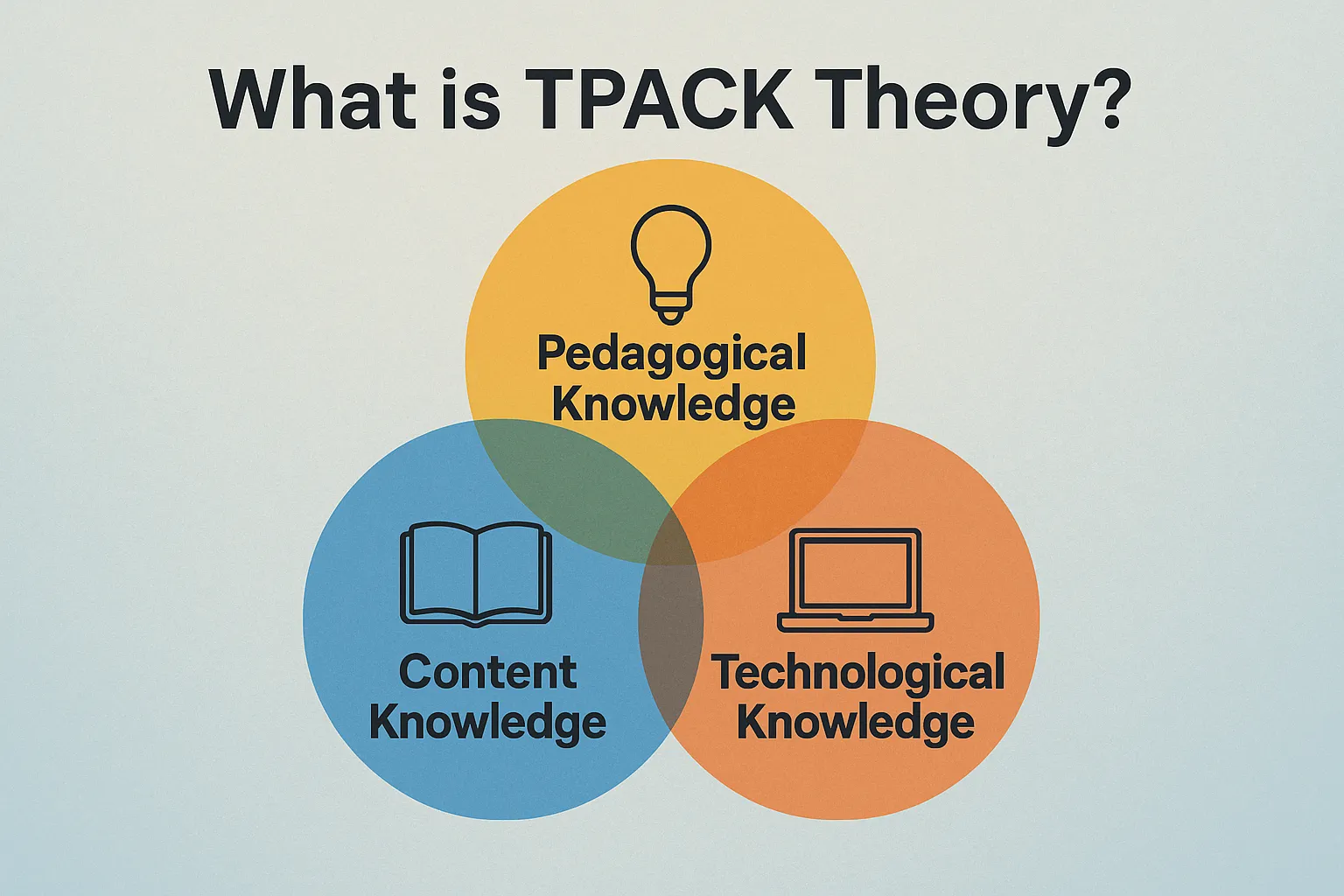How Smart Answering Technology is Changing Education
Introduction
In today's rapidly evolving educational landscape, smart answering technology is revolutionizing how students learn and educators teach. By leveraging artificial intelligence (AI), platforms like SmartExaminers provide instant, accurate responses to academic queries, enhancing the learning experience and streamlining educational processes.
What Are "Smart Answers" in AI and Education?
"Smart answers" refer to AI-generated responses that are contextually relevant, accurate, and tailored to specific queries within the educational domain. These answers are produced by sophisticated algorithms that analyze questions, access vast databases of information, and deliver precise solutions in real-time. This technology is designed to mimic human-like understanding, enabling interactive and personalized learning experiences.
The Role of SmartExaminers in Generating Accurate Responses
SmartExaminers is at the forefront of integrating smart answering technology into education. This AI-powered platform allows users to upload exam files, which the system then processes to generate accurate marking schemes and answers. By automating this process, SmartExaminers saves educators significant time and ensures consistency and objectivity in grading. For students, it offers immediate feedback, facilitating a deeper understanding of the material.
Benefits of Smart Answering Technology in Education
1. Enhanced Learning Efficiency
Immediate access to accurate information allows students to resolve doubts quickly, promoting continuous and self-directed learning. This efficiency reduces the time spent searching for information and increases time spent on comprehension and application.
2. Personalized Learning Experiences
AI-driven platforms can adapt to individual learning styles and paces, providing customized resources and responses that cater to each student's unique needs. This personalization fosters a more engaging and effective learning environment.
3. Support for Educators
By automating routine tasks such as grading and providing standard answers, smart answering technology allows educators to focus more on instructional strategies and student engagement. This support enhances the overall teaching experience and effectiveness.
4. Accessibility and Inclusivity
Smart answering systems can be designed to accommodate diverse learning needs, including those of students with disabilities. Features such as text-to-speech, language translation, and adaptive content ensure that education is more accessible and inclusive. For instance, AI has been instrumental in assisting students with disabilities, providing tools that support their academic endeavors .
Challenges and Considerations
While the benefits are substantial, integrating smart answering technology into education comes with challenges:
-
Data Privacy: Ensuring that student data is protected and used ethically is paramount.
-
Quality Assurance: Continuous monitoring is necessary to maintain the accuracy and reliability of AI-generated answers.
-
Equity in Access: Addressing the digital divide is crucial to ensure all students have access to these technological advancements.
Educational institutions must establish clear policies and provide adequate training to educators and students to navigate these challenges effectively.
The Future of Smart Answering Technology in Education
The trajectory of smart answering technology points towards even more sophisticated AI systems capable of deeper contextual understanding and more nuanced interactions. As these technologies evolve, they are expected to become integral components of educational ecosystems, fostering environments where learning is more interactive, personalized, and efficient.
Frequently Asked Questions (FAQs)
Q1: How do smart answering systems ensure the accuracy of their responses?
Smart answering systems utilize advanced AI algorithms trained on extensive datasets. They continuously learn and update their knowledge base to provide accurate and contextually relevant answers.
Q2: Can smart answering technology replace teachers?
No, smart answering technology is designed to complement teachers by handling routine tasks and providing additional support. It allows educators to focus more on instructional strategies and student engagement.
Q3: Is smart answering technology accessible to students with disabilities?
Yes, many smart answering platforms incorporate features like text-to-speech, language translation, and adaptive content to accommodate diverse learning needs and promote inclusivity.
Q4: How does smart answering technology handle complex or subjective questions?
While AI can provide responses to a wide range of questions, complex or highly subjective queries may require human intervention to ensure nuanced understanding and accuracy.
Q5: What measures are in place to protect student data in smart answering systems?
Reputable platforms implement stringent data privacy policies, including encryption and compliance with educational data protection regulations, to safeguard student information.
Conclusion
Smart answering technology is undeniably transforming the educational landscape by providing instant, accurate, and personalized responses to learners' queries. Platforms like SmartExaminers exemplify the potential of AI in enhancing both teaching and learning experiences. As we navigate this technological evolution, it is essential to address associated challenges proactively, ensuring that the integration of AI in education is ethical, equitable, and effective.
 SmartExaminers
SmartExaminers


